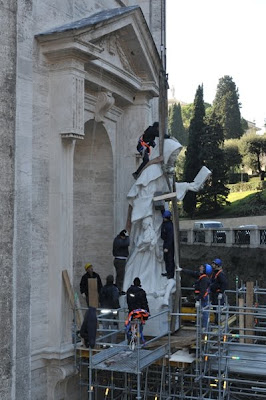 Now here’s a sad yet curious tale. Agapito Pazos Méndez died last Saturday at the splendid age of 83 from a heart attack. Yet from the age of three years till he breathed his last he was the resident of the Hospital Provincial in Pontevedra.
Now here’s a sad yet curious tale. Agapito Pazos Méndez died last Saturday at the splendid age of 83 from a heart attack. Yet from the age of three years till he breathed his last he was the resident of the Hospital Provincial in Pontevedra.He lived permanently at the hospital because when aged three years he was abandoned inside a large box at its doors. He had serious handicaps and so the hospital kept him in its care.
Medical examinations showed he had spina bifida plus other infirmities which prevented him from walking. None-the-less Agapito was integrated as one of the workers at the hospital and assumed responsibility for guarding the keys to the medicines and store room which he did with great professionalism. He also kept watch over other patients initially in groups of 20 and then just one other.
Officials at the hospital stressed that Agapito was serious ill and they frequently expected him to die.
During his 79 years at the hospital he only left it once when he went in the company of another worker to the beach at A Lanzada de O Grove. This trip to the sea took place when he was 60.
He was a popular figure at the hospital and shared the trials and tribulations of its patients and their visitors.
His only major blow in life was when a patient stole the box in which he kept his few savings. The distraught Agapito was comforted when a doctor bought him a more secure box with his own money.
He passed his entire life in a wheel chair and finally left the hospital on Monday for his funeral.
May he rest in peace.











